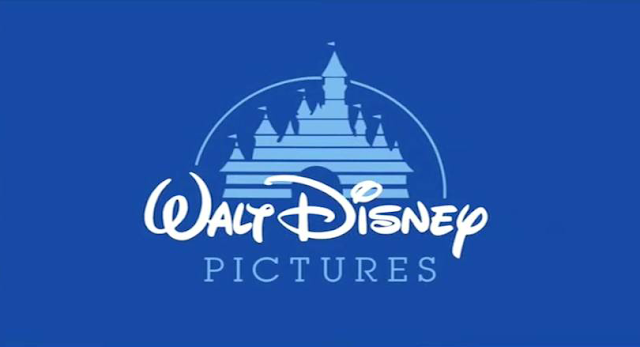The Case for Macaulay Culkin: The Good Son (1993)
 |
| (image via IMDB) |
I begin this review with these musings because I think this line of thought is important to have in mind when approaching The Good Son. This film directly followed Culkin's outings in the Home Alone films, and the tagline may as well have been "See Kevin McCallister as a psychopath!" because that was the expectation most viewers had going in. It was subsequently ripped to shreds by the critics. What I would love to see is the release of this film in an alternate universe where this was Culkin's first film. I don't expect that the film would be a critical darling in this universe--it has many legitimate flaws--but certainly I think it would hold a better reputation if not for that Home Alone baggage, and it would be interesting to read reviews of his performance without that comparison on everyone's tongue.
Because while Culkin is admittedly miscast in this role, and delivers the occasional awkward line delivery, on the whole I thought he did a much better job than he's been given credit for. His Henry is legitimately menacing without going fully over the line into bad taste--he makes for a good counterpoint to Rhoda in The Bad Seed, a character whose over-the-top menace is disturbing but still a lot of fun to watch. This film actually has a lot in common with that classic, about a mother who can't comprehend the evil within her beautiful blond child, but I prefer this film's choice to emphasize the dynamics between the children: Henry and his sister (Quinn Culkin) and Henry and his cousin (Elijah Wood). The way he uses the adults as pawns and knows exactly how to play them against his fellow children to serve his own twisted motives is a pretty shocking and unusual approach to a film starring children.
Perhaps the most unusual thing, especially for a contemporary audience, is the lack of explanation for Henry's behavior. We're so used to sympathetic backstories for villains now that to see a truly heartless, unforgivable villain--and one that's only 12-years old, no less--is a real rarity. I've seen criticism of this, that the film would be stronger if it had more psychological depth to it--but I'm conflicted. I think there's something notable about a film that is content simply to showcase a completely evil character, and trust its audience to go along with it, instead of trying to explain away their bad behavior. This is certainly a storytelling choice that would not go over in a Hollywood film made today.
Speaking of things that would not go over, and also the biggest reason I was inspired to write this review: the film's ending. Now, I must note the one undeniably excellent aspect of this film, and that is the cinematography. There are a number of truly breathtaking shots of the desert in New Mexico, as well as an enormous cliff overlooking the ocean. The climax takes place on this cliff, and it is one of the most emotionally harrowing things I've ever seen in a film. One of the characters is forced to make a choice, a kind of choice that very few films out there would be brave enough even to present to a character, much less actually make them go through with--it's certainly a whole world away from the cop-out ending of The Bad Seed. It's a climax completely unlike anything else I've seen from a Hollywood film, and one that is truly unforgettable. If for nothing else, this film is well-worth seeing just for this scene.
I've been a fan of Macaulay Culkin ever since I first saw Home Alone 2: Lost in New York as a kid (yes, for some odd reason I saw the sequel before the original), and while I can understand the criticisms of his limited acting range, I remain fond of the small body of work he produced before disappearing from the scene. The Good Son is included in that, as a film that may be more daring than it is truly good, but certainly is worth watching even just as a cultural oddity amidst the bland safety of modern Hollywood fare.
The Good Son comes cautiously recommended.
 |
| (image via wikipedia) |



Comments
Post a Comment